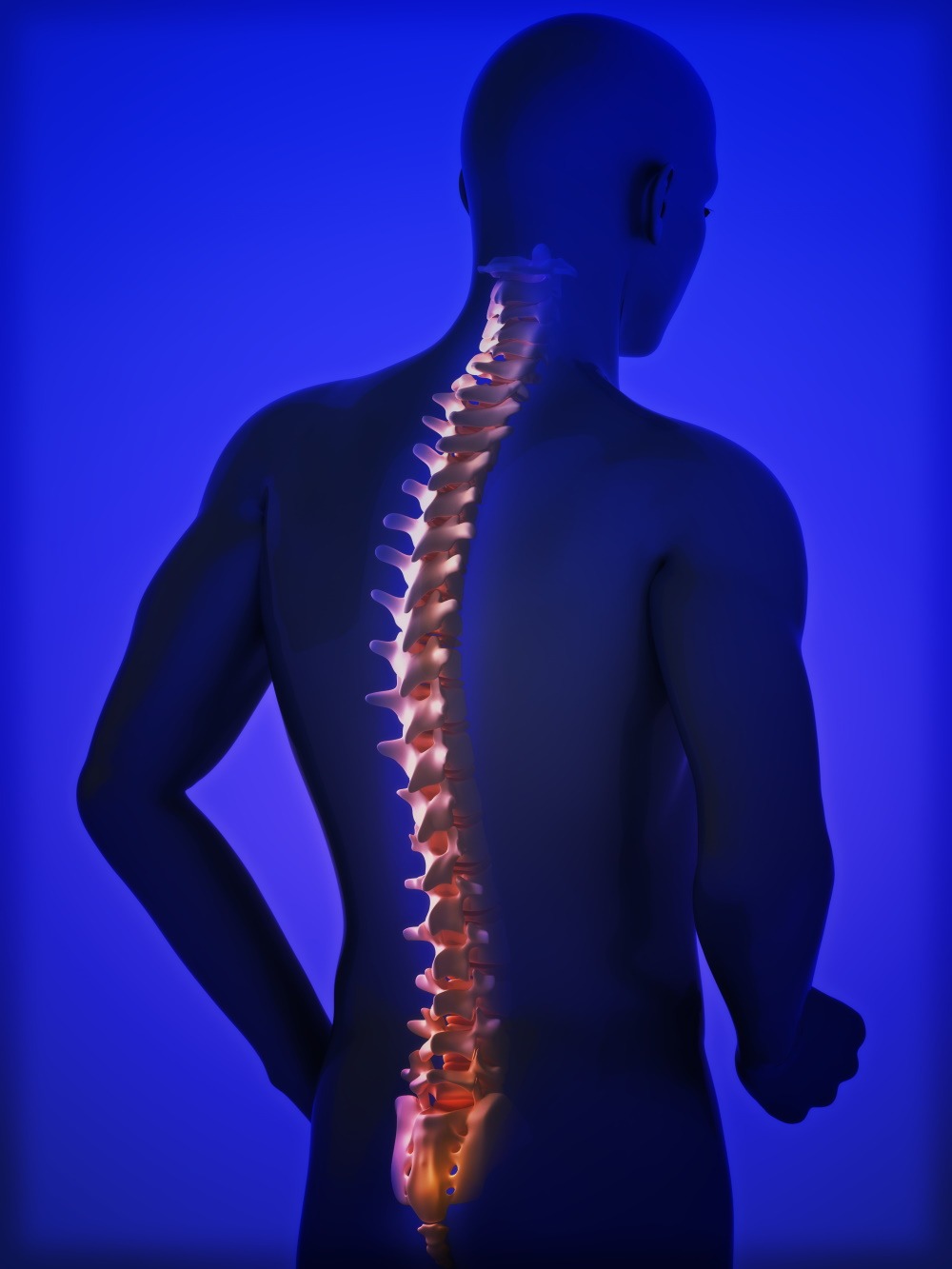
Meningitis is either a bacteria or virus that infects the membranes (meninges) surrounding your brain and spinal cord. Many cases of meningitis are not life-threatening. However, the condition can quickly turn more serious and require medical attention-especially if it is bacterial.
Meningitis is particularly common in college dorms due to the communal living, shared spaces, and unhygienic practices.
Symptoms of meningitis include:
- Sudden high fever
- Stiff neck
- Severe headache
- Headache with nausea or vomiting
- Confusion or difficulty concentrating
- Seizures
- Sleepiness or difficulty waking
- Sensitivity to light
- No appetite or thirst
- Skin rash (sometimes, such as in meningococcal meningitis)
Bacterial meningitis can be fatal if not treated within a few days. For diagnosing and developing a treatment plan, doctors often order medical imaging tests like an MRI.
If your doctor suspects you have any strand of meningitis, they will most likely prescribe antibiotics prior to any scans might receive, including a MRI.
Images from an MRI scan provide even more detail than those from a CT scan. MRI can detect whether there is inflammation in the brain and spinal cord, infection, eye disease, or tumors, among many other disorders. Since MRI provides more detailed images of soft tissue like the brain, it is ideal in the diagnoses and treatment of meningitis. Brain MRI scans can show inflammation and infection, complications of meningitis.
Along with MRI patients often have CT and PET scans ordered. Most patients with meningitis have a CT scan before their lumbar puncture, a test used to diagnose meningitis by studying a sample of spinal fluid.
